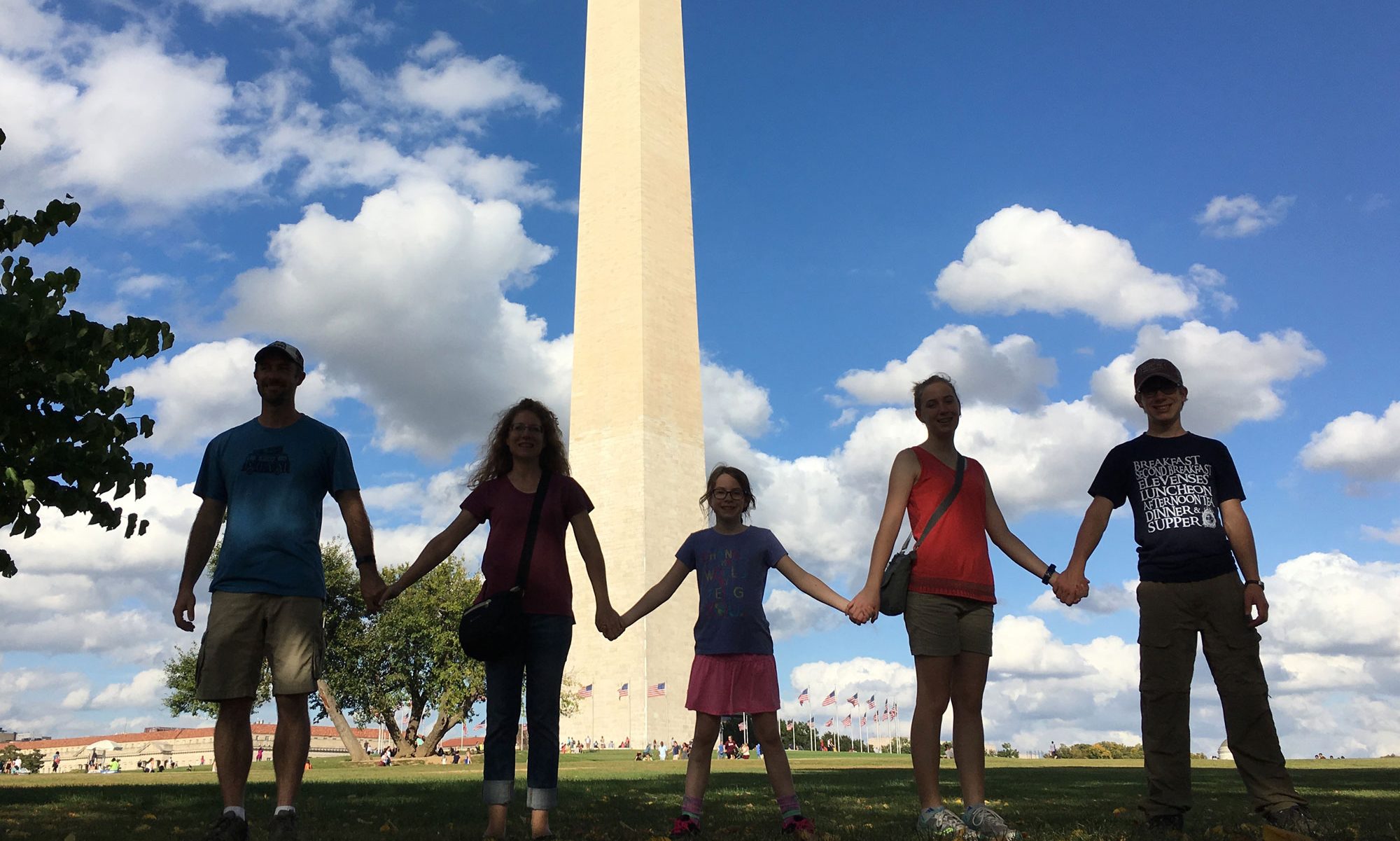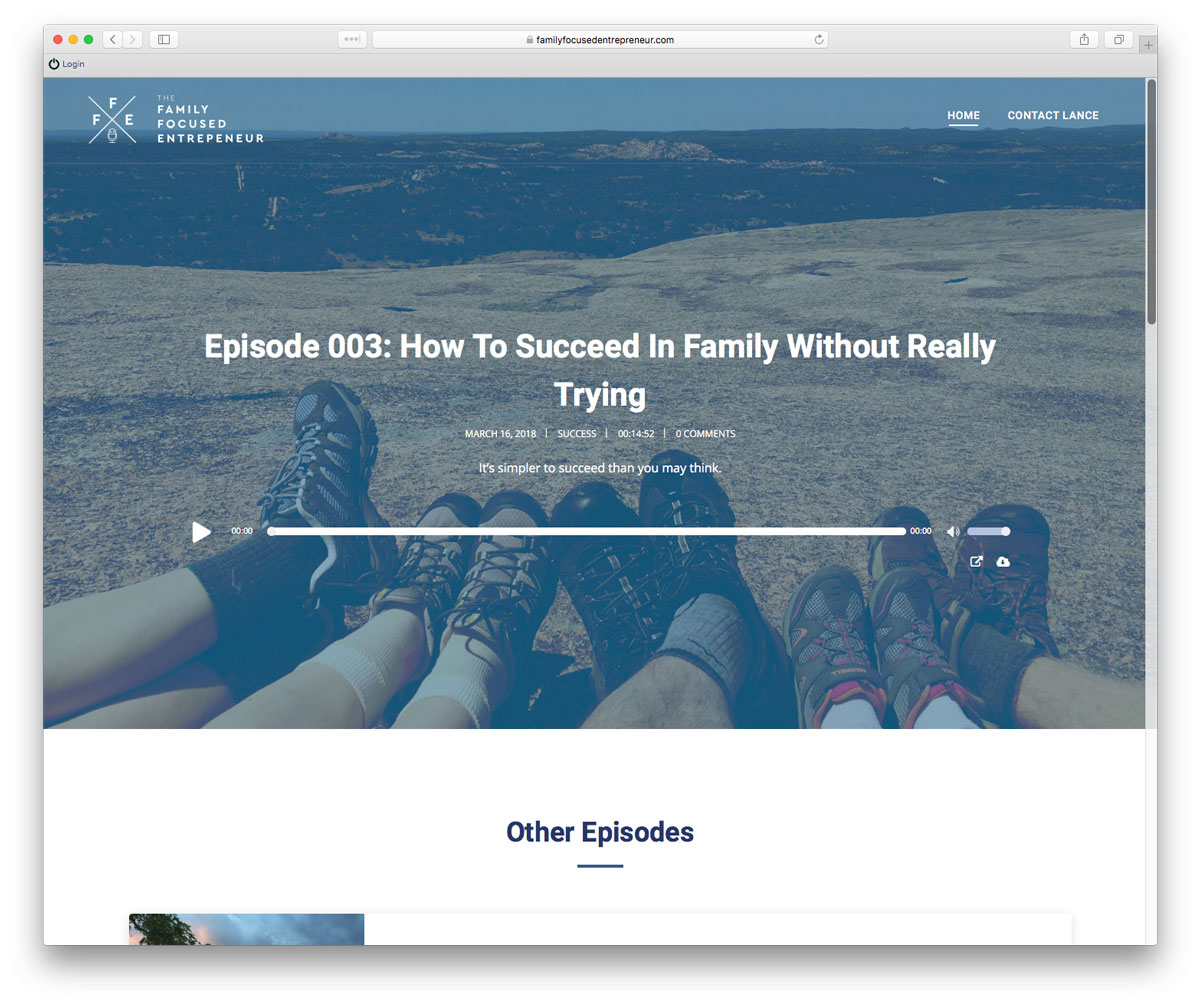You may be a chronic over-committer like me. I learned something that radically altered my over-committing.
The biggest challenges are when someone asks you to do something. You’re agreeable, and doggone likeable, so you want to reply with an immediate, “yes.” But, later you probably wish you hadn’t.
Next time, just create a space to think by using a statement that buys you some time, and allows you to choose your obligations. Just say, “That sounds really interesting. Before I can commit, though, let me check my schedule, and get back with you.”
Now, you’ve got a chance to align your schedule with your priorities before you commit.

